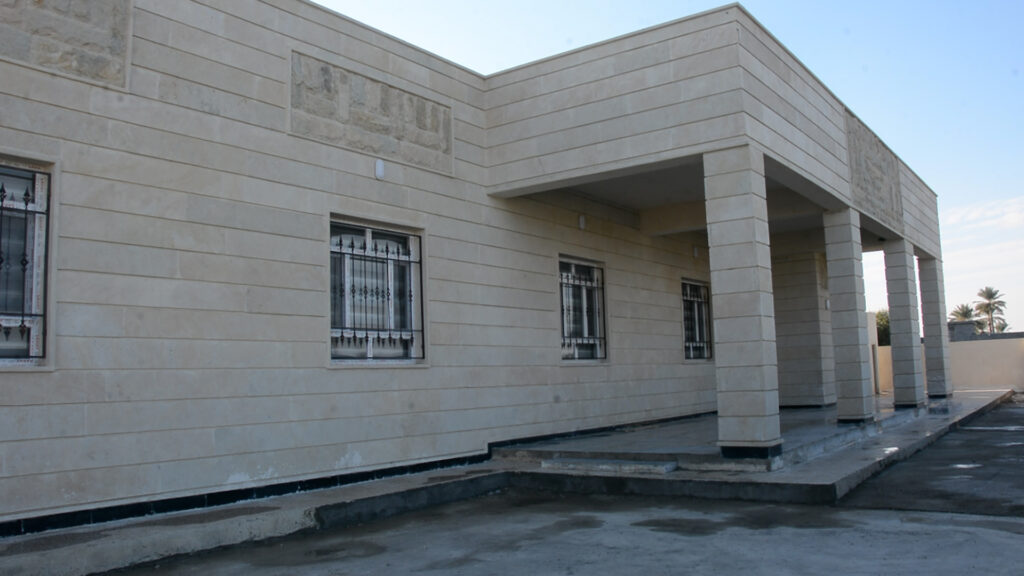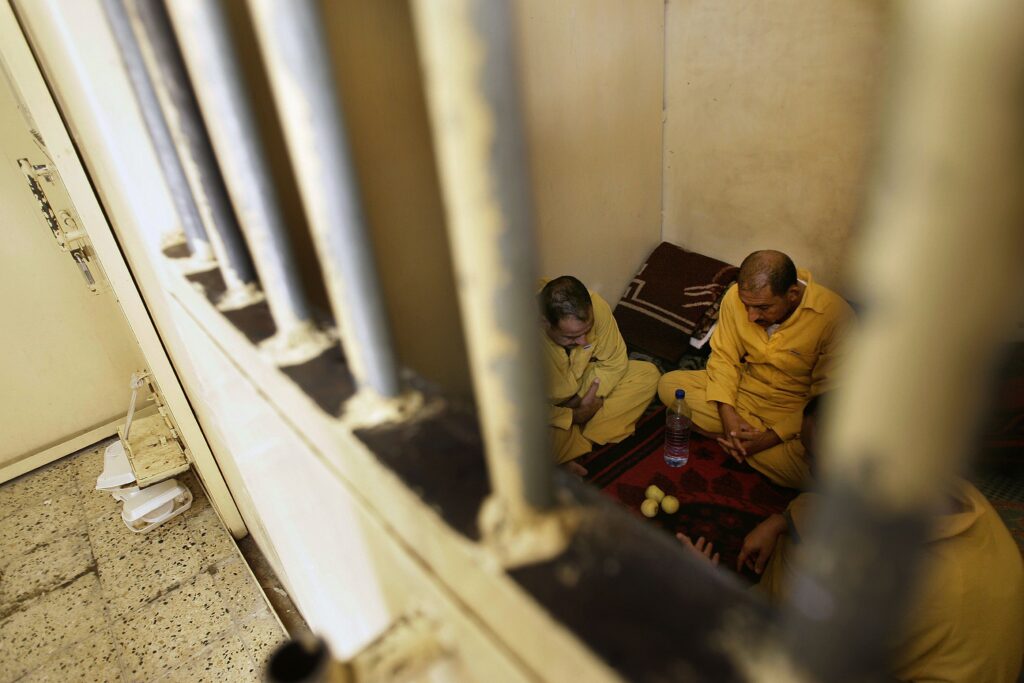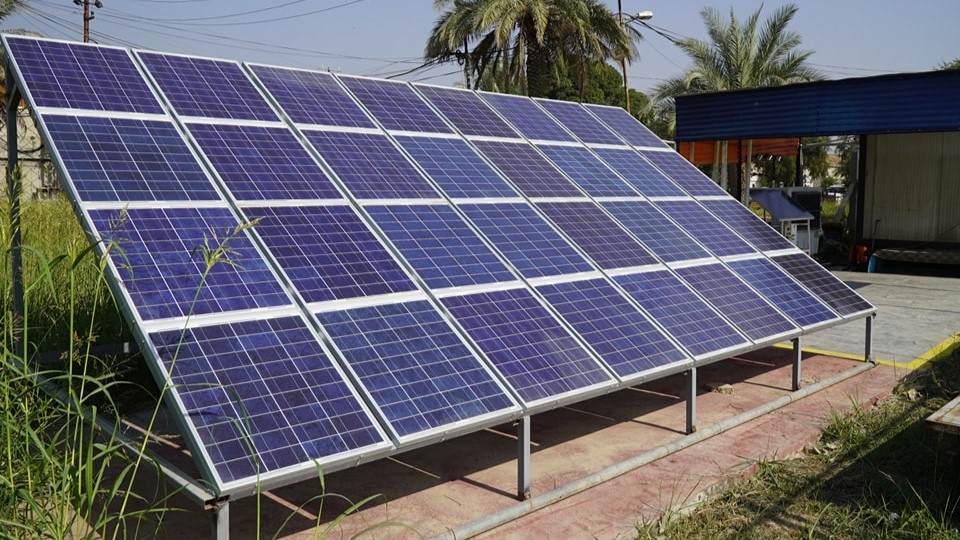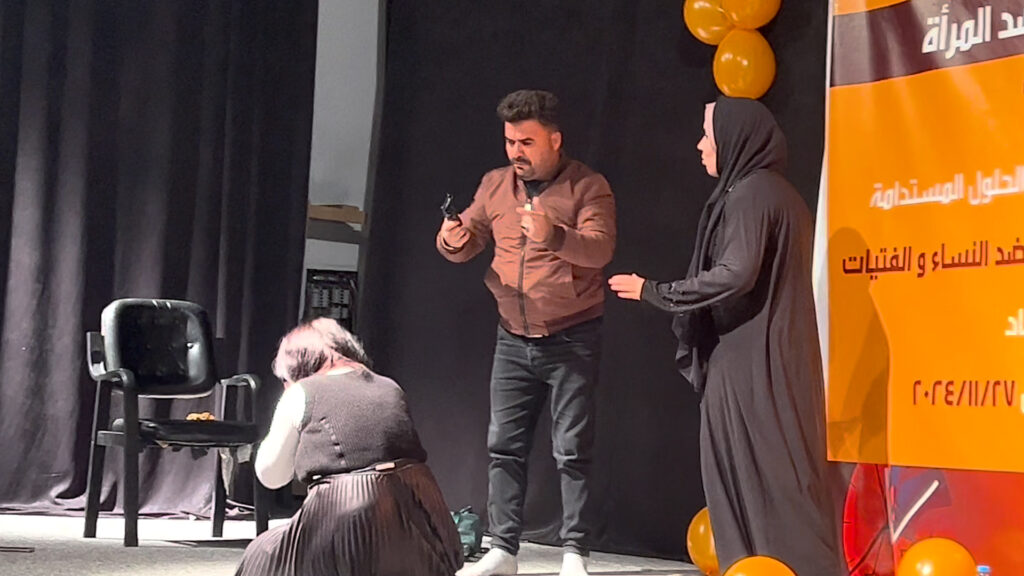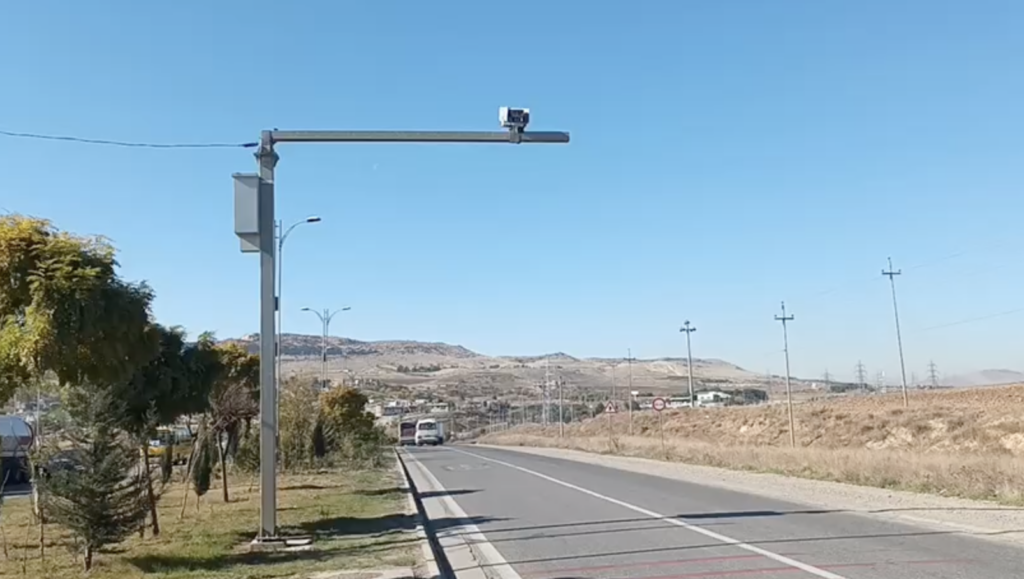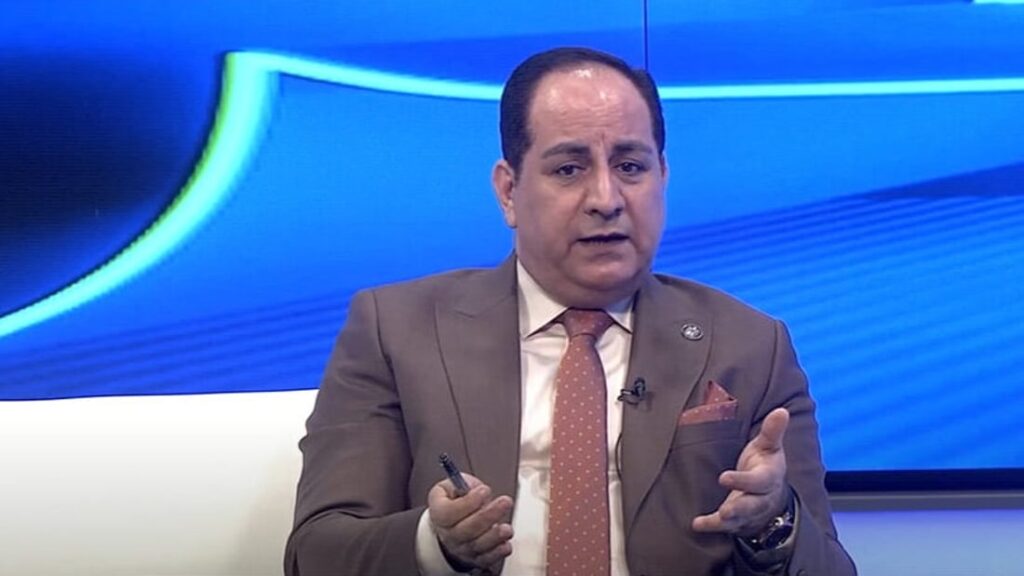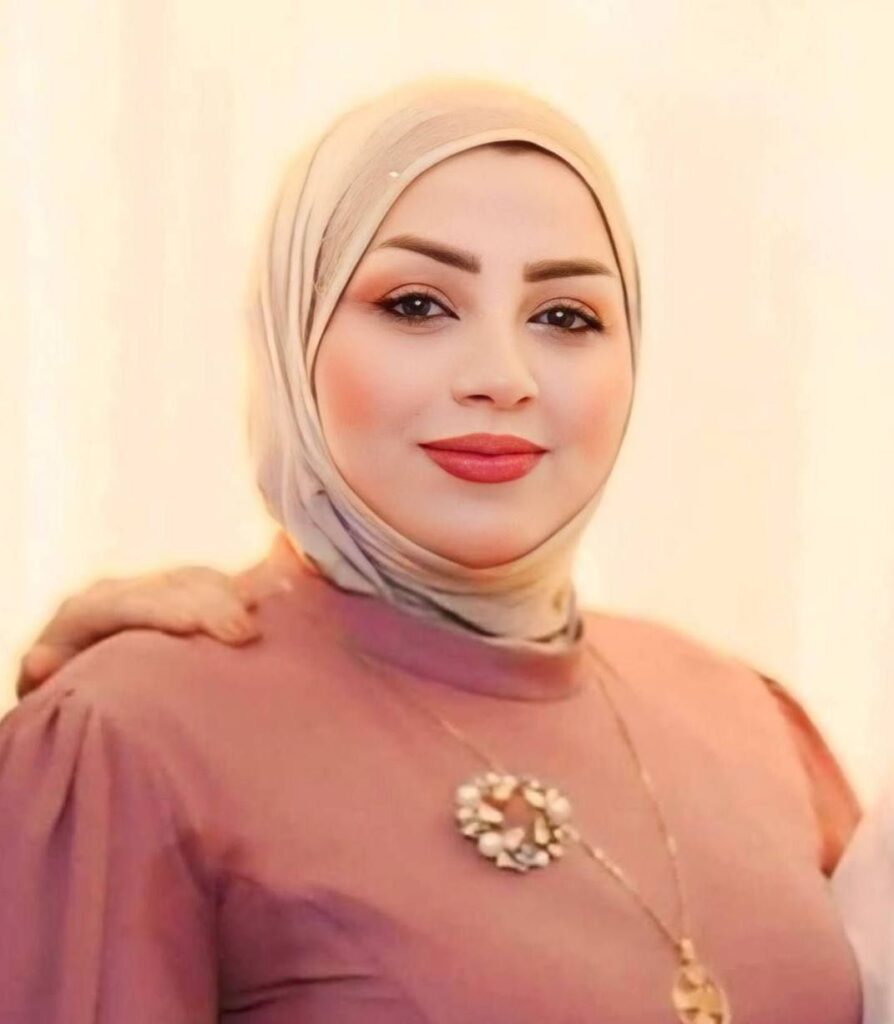Iraq: Standard Operating Procedures for Prevention of and Response to Gender-Based Violence in Kurdistan Region of Iraq [EN/AR/KU]
CHAPTER 1: INTRODUCTION
Iraq is experiencing a double crisis of displacement. Syrian refugees, which total over 230,000 individuals, have fled the armed conflict in Syria and have sought refuge primarily in the Kurdistan Region of Iraq (KRI). Compounding this crisis is the larger scale internal displacement of Iraqis who flee territory held by the so called Islamic State of Iraq and the Levant (ISIL) and the subsequent military operations led by the government and allied forces to regain territory. The country has been wracked by successive waves of displacement, with current estimates of 3 million internally displaced persons (IDPs) and over 1.4 million returnees, as well as 268,931 Syrian refugees in KRI2 . The situations in KRI governorates are closely linked with humanitarian situation in other parts of Iraq. Over 1.2 million Ninewa residents have been displaced from their homes, and 386,460 of these people are displaced elsewhere in the governorate3 . Meanwhile,
Dohuk Governorate continues to host the majority of Syrian refugees and the second highest number of Iraqi IDPs (397,014), mostly from Ninewa4 . The number of people in need of humanitarian aid in Ninewa has increased in 2017, particularly as the intensification of the Mosul military operation caused more displacement and other Iraqis are anticipated to return to their areas of origin.
Gender-based violence (GBV), particularly sexual violence, is a widespread and alarming element of the dual crisis. ISIL uses sexual violence as a tactic of terror and as a tactic of conflict, primarily targeting women and girls of specific ethnic and religious minority groups in Iraq and Syria. Those living in areas under ISIL control are at risk of rights violations, abduction, sexual slavery, rape, torture and abuse. However, the less recognized impacts of displacement affect far more refugees, IDPs and host communities. For Iraqis, displacement has exacerbated already high rates of intimate partner violence, honor crimes, sexual exploitation, harassment and child marriage that existed prior to the recent conflict. The vulnerability of certain groups, such as female-headed households, widows, women with disabilities and adolescent girls, compound the challenges they face. The specific needs of people at risk of GBV, especially women and girls, have been neglected across all sectors, while the potential to minimize GBV risks and provide quality multi-sector care for survivors is great.
These Inter-Agency Standard Operating Procedures (SOPs) describe guiding principles, procedures, roles and responsibilities in the prevention of and response to GBV by all relevant actors in the Kurdistan Region of Iraq (KRI).
The SOPs cover a broad range of beneficiaries, including IDPs, refugees, returnees, host communities and those who remained in their homes during and after military operations. The SOPs have been developed through an inter-agency consultative process with government institutions, UN agencies, national and international organizations and civil society actors working on GBV prevention and response. The SOPs have mapped out organizations responsible for service provision in the four main response sectors: health, psychosocial support, legal services and safety & security. They are designed to be used together with existing resources related to prevention and response to GBV. The SOPs have been developed to facilitate joint action by all GBV and non-GBV actors working in KRI to prevent and respond to GBV.

